The purpose of this luxury blog today is to clear the haze associated with the ‘Luxury’ word.
So, what is the first thing that you think of when you hear ‘Gucci’, ‘Louis Vuitton’, ‘Chanel’, ‘Rolex’ or ‘Dior’?
These are five brands that are perceived to be luxury brands, not only in developed nations like the US, but globally.
In a research conducted by Luxe Digital to list out the world’s most sought 15 luxury brands online, these five held the top ranks.
So, is luxury something to do with only fashion, clothes, accessories, and garments? Or, does it entail other products too? You would have noticed that of the top five brands mentioned here, four are into fashion goods while one, Rolex, is into watches.
The world global luxury goods market is estimated to touch $445 Billion in the next five years. More than 60% of the market share is held by these five labels.
DEFINING LUXURY
The dictionary meaning of the word focuses on abundance; on pleasures that you cannot be repeated on a routine basis; on sumptuous living that is not at all necessary in life but adds value to our comforts.
There is an old definition of luxury and a contemporary one. The former is all about affluence and expensive items. It is about what the ultra-rich can afford, like having their chartered planes in the sky.
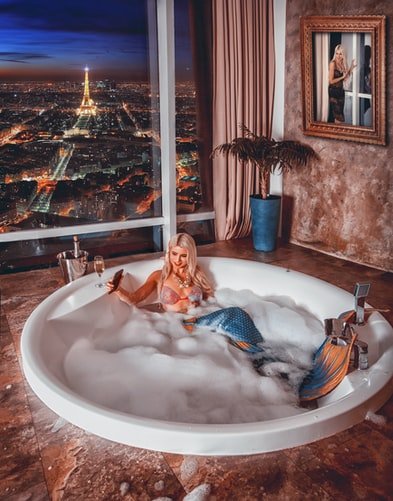
The modern meaning of the word has undergone a phenomenal transformation. Today, for many, luxury is about an experience. It is experimentation.
It need not be uber costly or elegant; it is more about being unique and exclusive. It is anything that makes you feel special. The term has come to reflect an idiosyncratic relevance.
For example, for some, luxury living is about living close to nature – choosing a minimalist lifestyle and going for things that are ethical, fair, and kind- going back to their roots!
In the end, ‘luxury’ is an exclusive concept that only you can define – for the sake of this fashion blog– as:
- Something that makes you feel extraordinary. A status symbol, maybe.
- Something that is not predictable.
- Something that is not necessarily a sign of affluence or opulence.
- Something handmade or hand-tailored.
- Something that denotes the pinnacle of quality.
- Something that values the environment.
- Something that helps in keeping native traditions and values alive.
Let us now see a few segments that have been conventionally associated with luxury and hold a great deal of significance for Millennials and Boomers.
LUXURY FASHION
This is one of the most popular segments that get associated with luxury. This is undoubtedly a brand-driven industry.
The entire gamut of luxury fashion has been spearheaded by fashion and jewellery brands that are continuously targeting Millennials and boomers. It goes without a doubt that owning a Gucci or a Louis Vuitton product is a status symbol.
The fabric quality, make, texture, branding, personalized engagements, the consistent approach to create a unique brand perception; are all efforts that make a brand a luxury label.
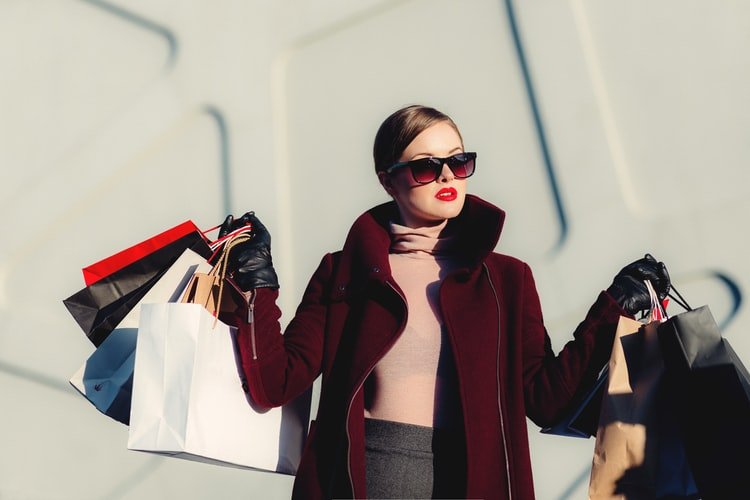
In the luxury fashion trends for today’s world, your go-to brands should be:
- Gucci for designer sneakers; the brand is in no mood to compromise on its top rank. It is the king at the moment. Try the T-shirts, wallets, and sunglasses too from the brand.
- Louis Vuitton – the first choice for women handbags, clutches, wallets, and tote bags.
- Chanel – has impressive videos and storytelling endeavours on social media to inspire Millennials and Boomers. Handbags, watches, tote bags, clutches, ties, sneakers, and fragrances are aspirational luxury items from the brand.
- Rolex – Exquisitely-made watches for men and women – prized possessions for a lifetime!
- Christian Dior – has a lovely range of perfumes, handbags, sunglasses, and sneakers that add value to your wardrobe.
DEFINITION OF LUXURY AND EXOTIC VEHICLES
Audi, BMW, and Mercedes-Benz – names that are synonymous with luxury cars!
Luxury vehicles are equipped with smart and advanced technology, luxury interiors, and have lavish features that focus on safety, genuine parts, and performance.
The top luxury cars that denote exclusive status symbol are
- Tesla Model 3
- Rolls Royce Ghost
- Lexus ES
- Mercedes-Benz-C-Class
- Mercedes-Benz-E-Class
- BMW 3 Series
- BMW 5 Series
- Infiniti Q50 sedan
- Audi A4
- BMW 4 Series
- Acura TLX
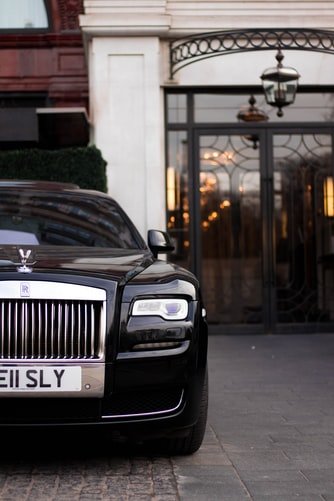
The other luxury carriers include private yacht and chartered jets. In the domain of public transportation too, some carriers promise luxurious travel – for example, Hainan and Singapore Airlines are known for enriching and luxurious experiences.
LUXURY BRAND
Luxury brands are known to offer supreme product and service quality. Ownership of an item from such a brand gives you a sense of pride. It denotes a status. It is something that people aspire to have in life.
Luxury brands ensure that the physical look and feel of the item is of a higher level – unmatched, unparalleled, and unique! Yes, the prices are very high, but that is the pinch of salt that you need to bear for the premium make, a soul-touching good experience, and exceptional quality.
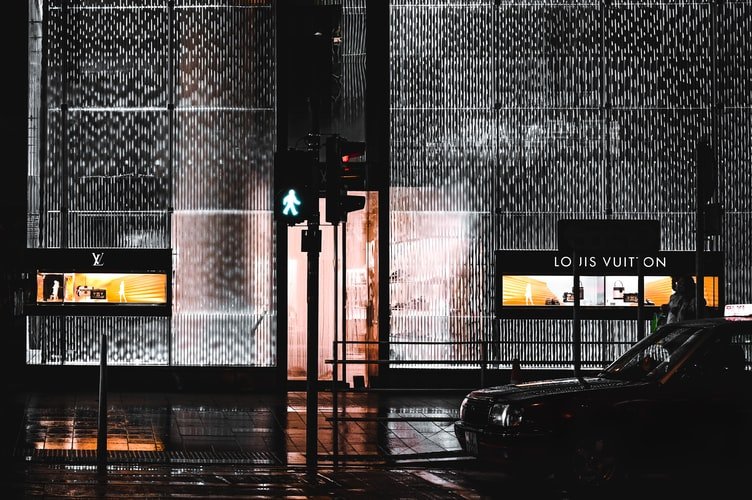
Also, remember that these brands infuse artisan craftsmanship and manufacturing, helping traditions to pass from generation to generation. For example, in 2014, LVHM, the company that owns Louis Vuitton, opened an institute to nurture skills of artisans in shoemaking, jewellery, and textiles.
And the promise of a lifetime!
Fashion and accessories, automobiles, hotels and resorts, travel, tourism, dining, real estate, FMCGs, and white goods are all sectors that have their share of luxury brands offering significant advantages to their customers.
LUXURY MARKET
The luxury market in the US, and the world over, is predominately run as per the tastes of the millennial crowd. This is Generation Y, who is typically aged between 23 years to 38 years.
As per a report from Deloitte, 99 million millennials were responsible for defining the fate of the luxury goods market in 2018. The report also points out that these young ones are trendier and, hence, more likely to try luxuriousness as an essential part of their experiential journey.
The niche market is being driven by instances like in-store experiences that help the customer to feel special and distinct, paving the way for a luxury experience.
Brands now drive their luxuriousness and opulence not only through the price tag but embedded value-driven approach, loyalty rewards, and personalization (half of the conscious customers today are expecting bespoke products and services).
The luxury market is high on customer service too and demands heightened engagement from the brand.
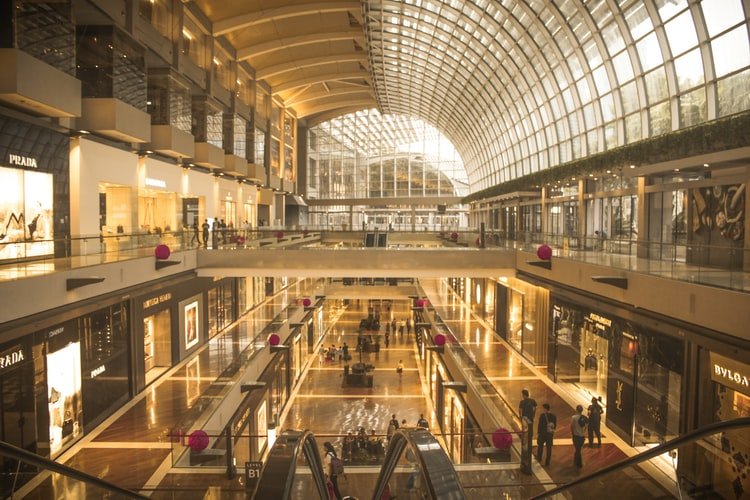
One important aspect of luxury offerings has been the merger of ideas. A good example is that of the Master Series from Louis Vuitton and Jeff Koons, where unusual, unexpected, and exclusive events or experiences are hosted to engage customers.
These are the big brands that are getting creative – hosting private dinners with designers or launching a philanthropic event. Anything that makes the customer feel acknowledged, respected, different, unique, and involved!
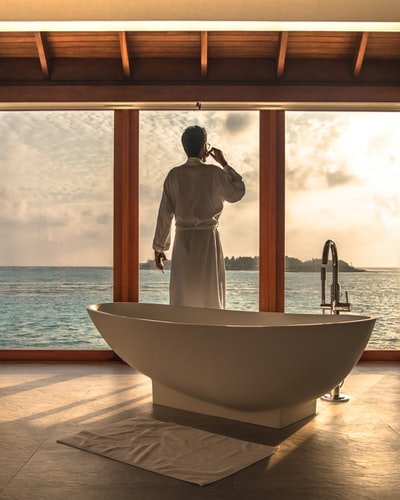
TIPS ON LOWERING YOUR LUXURY PREMIUM
It is quite clear that luxury is not only about opulence and wealth.
It is an experience that takes you to a completely different level.
The path could be varied, but the journey should be unmatched and exceptional.
One crucial aspect of luxuriousness is that it does cost a lot of money – a factor that makes it unattainable and inspiring, both at the same time.
These are the ways to lower your luxury premium.
1. Replica luxury version or buying second-hand
The growth and the rise of the replica designer market, and also the second-hand luxury product market can be attributed to this quest that we customers experience – to go out and get ourselves a luxurious product.
If it is beyond your means, it is better to accept the situation and move on to finding an avant-garde replica product. Many such manufacturers offer the exact look-and-feel of premium products, that even a trained eye will not be able to tell the difference.
Similarly, there are online and physical stores where you get good deals for second-hand products.
And the prices of these versions are substantially lower than the original products. They are usually durable and good for everyday use.
The challenge of buying such products is that while it looks good on the exterior, it may never really satisfy your inner aspirations.
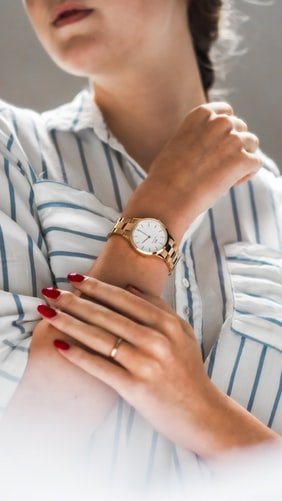
2. Splurge Once A Year
This would need lots and lots of planning and saving. It requires you to re-look at your financial condition and then make a strategized attempt to save up for the big buy.
With online stores offering handsome discounts, special offers, and promotional deals being announced by the big brands at their physical stores, there is a great opportunity that can be capitalized to buy that amazing Audi or the impeccable Louis Vuitton handbag.
The entire journey is going to be marked by your sacrifices and compromises. Then, there is detailed planning that you need to do.
The pride of owning a luxury product at the end of the journey is going to be awesome and out-of-this-world.
It is also going to be one of your prized possessions forever – maybe even passed onto your daughters and nieces eventually – becoming synonymous with family status symbol – to be flaunted at parties and events!
CONCLUSION
Luxuriousness is your perspective of a good or service. It is also about distinct brands that the world admires for their excellence in quality and services. There is a lot more to luxury that has been unsaid. The essence, however, has been captured in this fashion blog.
Did you like what you read? If you liked the blog and if it has helped to enhance your knowledge about the luxury niche, subscribe to our blog for getting more such interesting content.





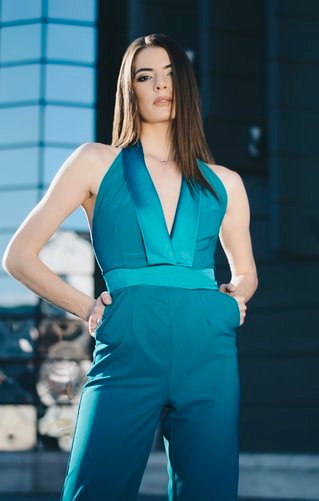
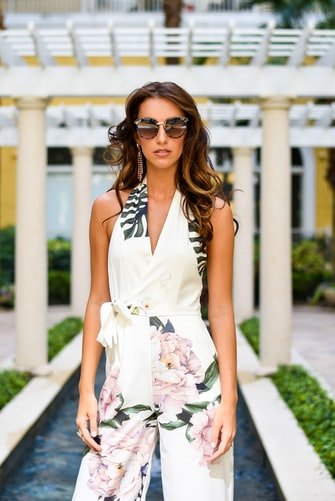
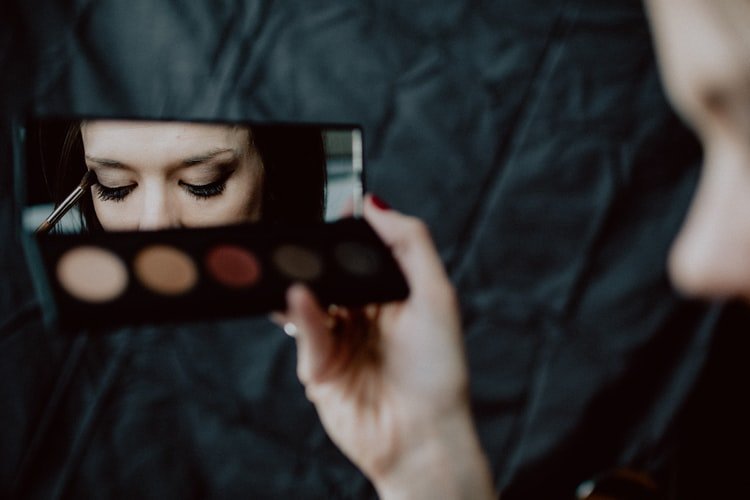
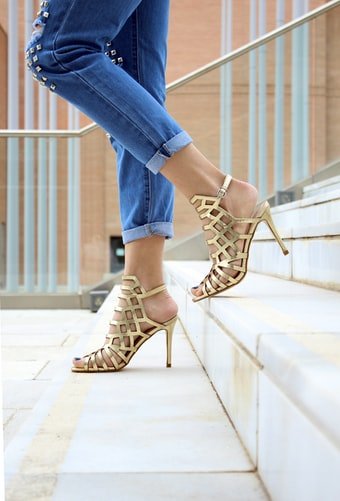
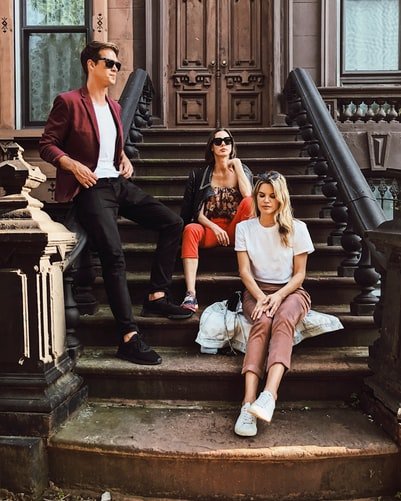

 The phrase ‘You are what you eat’ has been around for years, and rightfully so. The food you eat not only affects your weight and your body but also plays a massive role in your mood, your sleeping patterns, stress and mental health (more on that later!), and your overall well-being.
The phrase ‘You are what you eat’ has been around for years, and rightfully so. The food you eat not only affects your weight and your body but also plays a massive role in your mood, your sleeping patterns, stress and mental health (more on that later!), and your overall well-being. Now that you are on a quest to change your lifestyle by eating healthy foods, you might find yourself visiting the ‘
Now that you are on a quest to change your lifestyle by eating healthy foods, you might find yourself visiting the ‘ People often tend to associate exercising with losing weight, but physical activity has many more benefits than just seeing the number on the scale drop. It reduces the risk of heart diseases, helps your joints, increases your energy levels, improves sleep quality, and also improves your mood and mental health. Even though changing your lifestyle does not just mean making changes to your physical health, but you must get into the habit of exercising If you want to maintain a healthy lifestyle.
People often tend to associate exercising with losing weight, but physical activity has many more benefits than just seeing the number on the scale drop. It reduces the risk of heart diseases, helps your joints, increases your energy levels, improves sleep quality, and also improves your mood and mental health. Even though changing your lifestyle does not just mean making changes to your physical health, but you must get into the habit of exercising If you want to maintain a healthy lifestyle. Do you often find yourself dwelling over what went wrong but fail to appreciate all the small but good memories you make every single day?
Do you often find yourself dwelling over what went wrong but fail to appreciate all the small but good memories you make every single day? In this busy and chaotic world, you must take some time out for yourself and go to your happy place. And no, we are not talking about packing up and going to the mountains, though if you can do that every week or two, that would be pretty amazing!
In this busy and chaotic world, you must take some time out for yourself and go to your happy place. And no, we are not talking about packing up and going to the mountains, though if you can do that every week or two, that would be pretty amazing! Whether you are stressed about events in your personal or professional life, high-stress levels can affect your mind and your body in more ways than one.
Whether you are stressed about events in your personal or professional life, high-stress levels can affect your mind and your body in more ways than one. Even though sleep requirements depend on your age, studies have shown that most people need anywhere between seven to nine hours of undisturbed sleep every night.
Even though sleep requirements depend on your age, studies have shown that most people need anywhere between seven to nine hours of undisturbed sleep every night. Regardless of what you do, you are probably always surrounded by devices – phones, laptops, tablets, and so much more. These devices help us stay connected with each other and the outside world, but this ease of availability also brings with it added stress, anxiety, and the constant FOMO!
Regardless of what you do, you are probably always surrounded by devices – phones, laptops, tablets, and so much more. These devices help us stay connected with each other and the outside world, but this ease of availability also brings with it added stress, anxiety, and the constant FOMO! Even though they are a great place to start, just adopting these nine habits will not automatically ensure a healthy lifestyle. You have to make little adjustments wherever possible and adopt healthy habits to start noticing the change.
Even though they are a great place to start, just adopting these nine habits will not automatically ensure a healthy lifestyle. You have to make little adjustments wherever possible and adopt healthy habits to start noticing the change.
 Lifting heavy weights at your favorite fitness center is not a possibility right now, so the next best thing you can do to get your daily workouts right is – bodyweight exercises, cardio sessions, Yoga, pilates, etc. You do not need a lot of exercise equipment to get a good and intense workout, using your body is enough to give you a good burn.
Lifting heavy weights at your favorite fitness center is not a possibility right now, so the next best thing you can do to get your daily workouts right is – bodyweight exercises, cardio sessions, Yoga, pilates, etc. You do not need a lot of exercise equipment to get a good and intense workout, using your body is enough to give you a good burn. Going on a walk or a run, riding a bicycle, or going on a solo hike are great ways to get in some sunshine and fresh air while getting your workout done. Avoid engaging in team sports and group activities until it is safe to do so.
Going on a walk or a run, riding a bicycle, or going on a solo hike are great ways to get in some sunshine and fresh air while getting your workout done. Avoid engaging in team sports and group activities until it is safe to do so. Your workout is only one small part of your overall physical health; your diet makes up for a major chunk of your fitness and health. Now is a great time to be mindful of what you eat every day and give your body nutritious food.
Your workout is only one small part of your overall physical health; your diet makes up for a major chunk of your fitness and health. Now is a great time to be mindful of what you eat every day and give your body nutritious food. The 45-minute workout you did in the morning is going to do little to your overall health if you spend the rest of the day on your couch or your desk. You are probably sitting more than you did before the quarantine. This means that you are also probably hunched over your desk or slouched in bed. And then you wonder why your back is always hurting!
The 45-minute workout you did in the morning is going to do little to your overall health if you spend the rest of the day on your couch or your desk. You are probably sitting more than you did before the quarantine. This means that you are also probably hunched over your desk or slouched in bed. And then you wonder why your back is always hurting! When it comes to staying in shape, food and exercise are often what most people tend to focus on. But did you know that your sleep also plays a huge role in your physical health?
When it comes to staying in shape, food and exercise are often what most people tend to focus on. But did you know that your sleep also plays a huge role in your physical health? Whether you are trying to lose weight or gain muscle and bulk up, the scale is a good tool to track your progress. But remember, the number on the scale is no way an absolute measure of your hard work and dedication. And while you are living through a pandemic, how much you weigh should be the last thing on your mind.
Whether you are trying to lose weight or gain muscle and bulk up, the scale is a good tool to track your progress. But remember, the number on the scale is no way an absolute measure of your hard work and dedication. And while you are living through a pandemic, how much you weigh should be the last thing on your mind.
 Low incalories, nutritious, and incredibly delicious, this easy-to-make chicken noodle soup will become your favorite comfort food on chilly nights.
Low incalories, nutritious, and incredibly delicious, this easy-to-make chicken noodle soup will become your favorite comfort food on chilly nights. Ah! Fries, so addictive, but so unhealthy. Deep-fried and loaded with salt, the fries from your favorite fast-food joint have a big NO written all over them.
Ah! Fries, so addictive, but so unhealthy. Deep-fried and loaded with salt, the fries from your favorite fast-food joint have a big NO written all over them.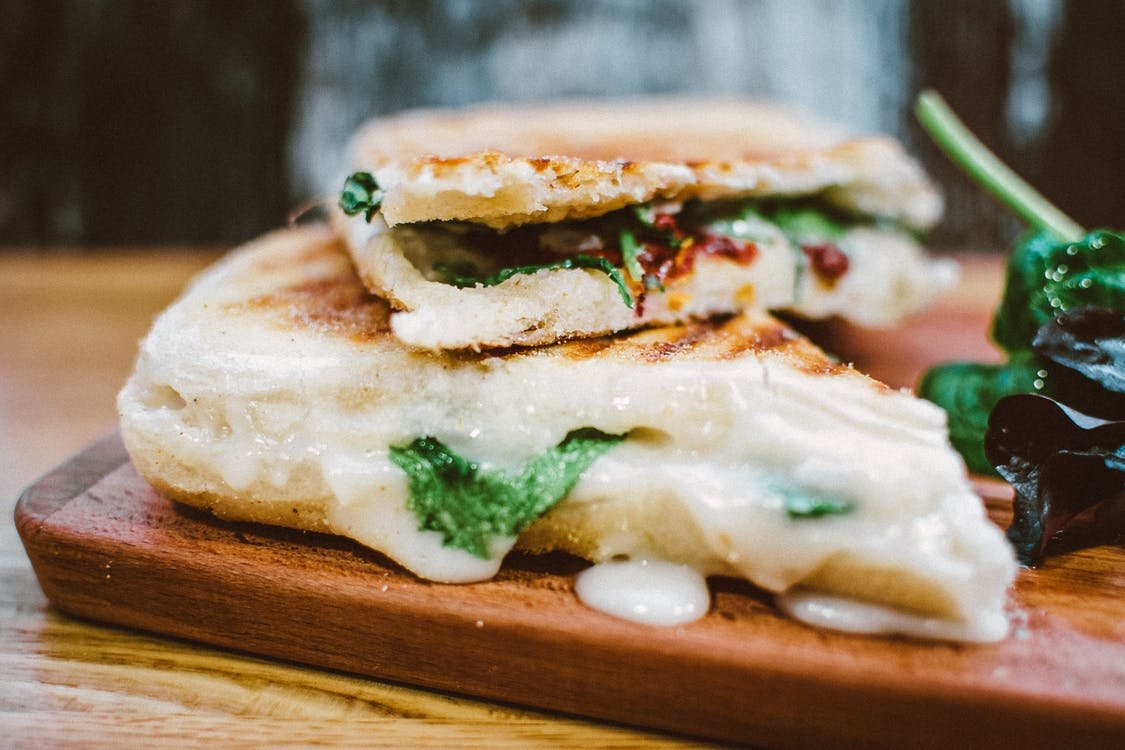 If you thought grilled cheese sandwiches were just for kids’ lunch, you thought wrong!
If you thought grilled cheese sandwiches were just for kids’ lunch, you thought wrong!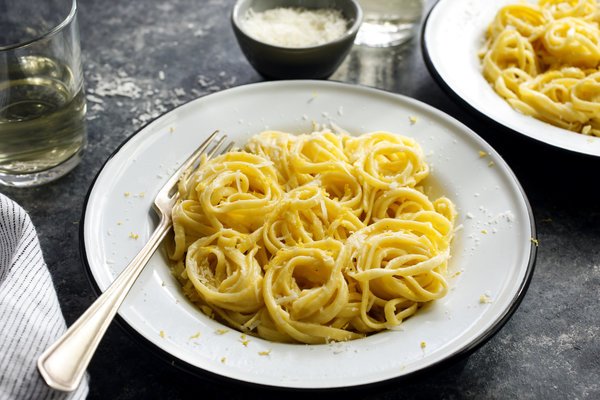 Sometimes, the simplest recipes are the ones that turn out the best, and this pasta dish guarantees just that.
Sometimes, the simplest recipes are the ones that turn out the best, and this pasta dish guarantees just that.

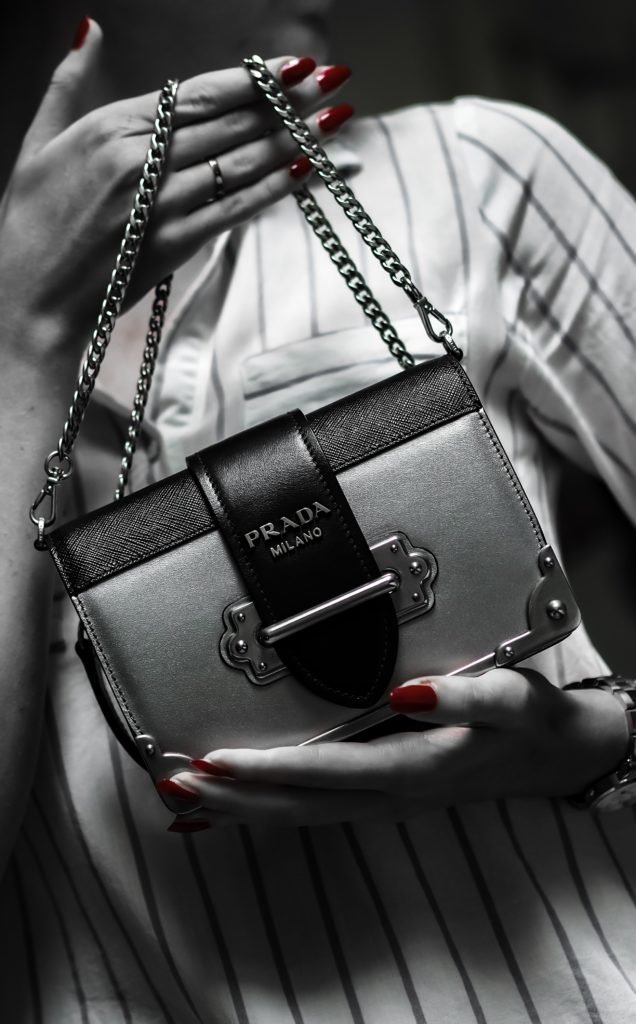 Luxury is something that is not common – it could be a product, a service, a feeling, or an experience. Anything that you cannot afford, monetarily and practically every day, can be termed as a luxury.
Luxury is something that is not common – it could be a product, a service, a feeling, or an experience. Anything that you cannot afford, monetarily and practically every day, can be termed as a luxury. The focus of the blog today is to get that
The focus of the blog today is to get that 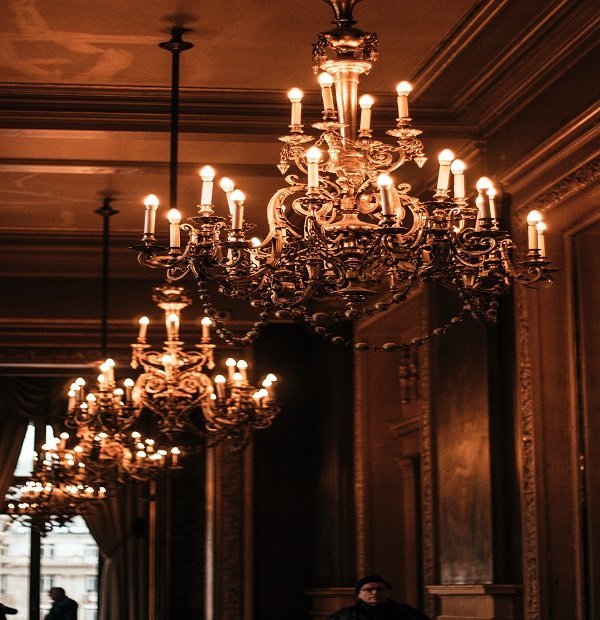 A very practical way to enjoy the best things in life!
A very practical way to enjoy the best things in life! 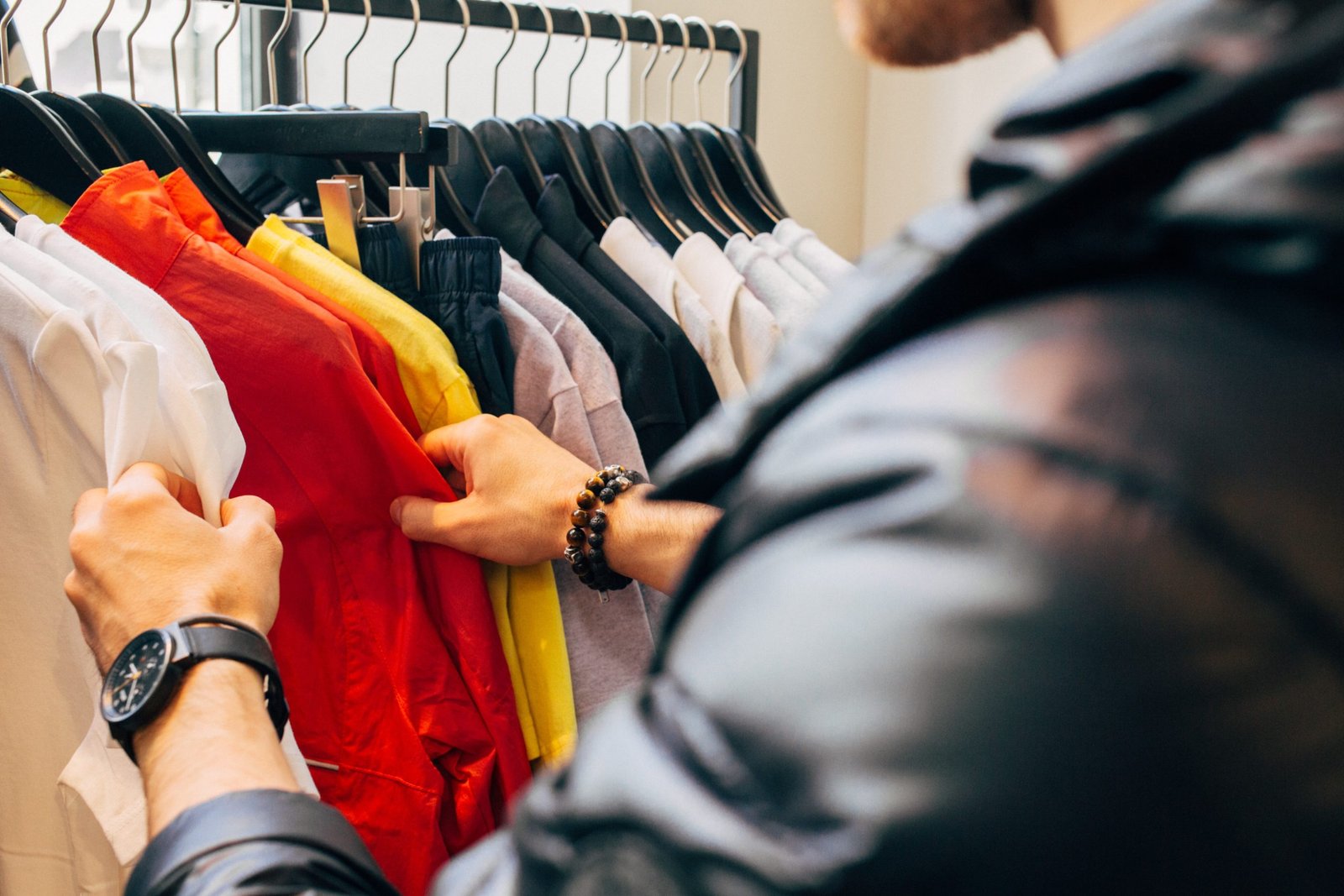 You could sign up for product testing. Some brands offer free luxury experiences –
You could sign up for product testing. Some brands offer free luxury experiences – 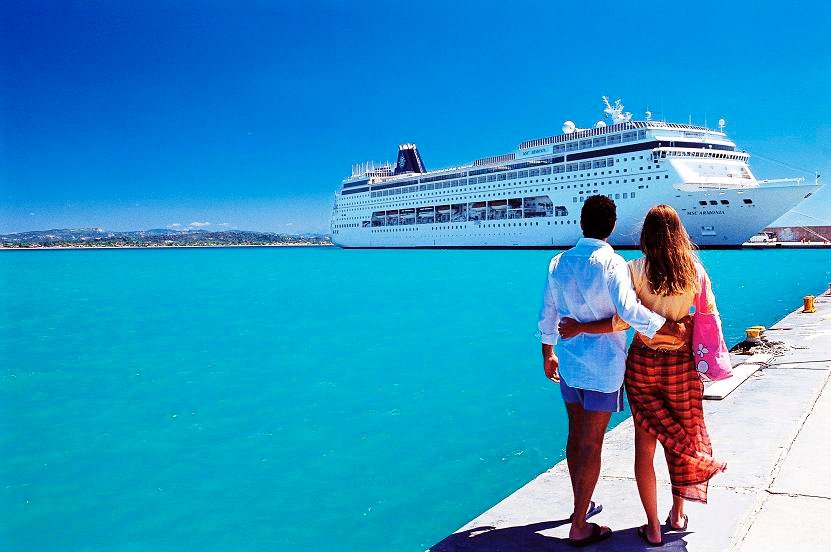 If you are looking at enjoying a luxurious cruise, the best option is not to go and look for cheap luxury cruises – you will not get one.
If you are looking at enjoying a luxurious cruise, the best option is not to go and look for cheap luxury cruises – you will not get one.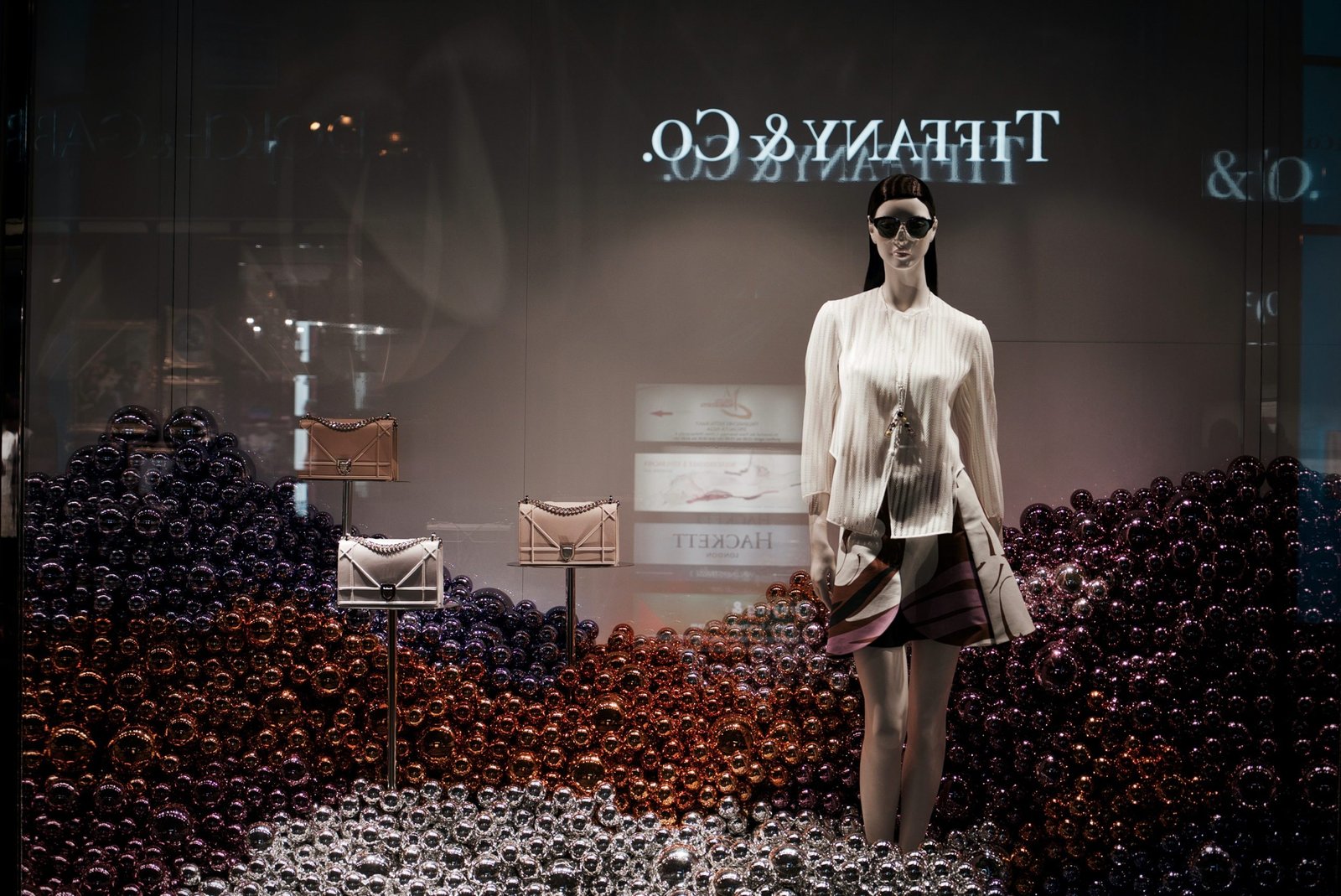 If you look closely, you will find many online fashion retail shops that offer various designer items, especially like designer outfits on rent.
If you look closely, you will find many online fashion retail shops that offer various designer items, especially like designer outfits on rent.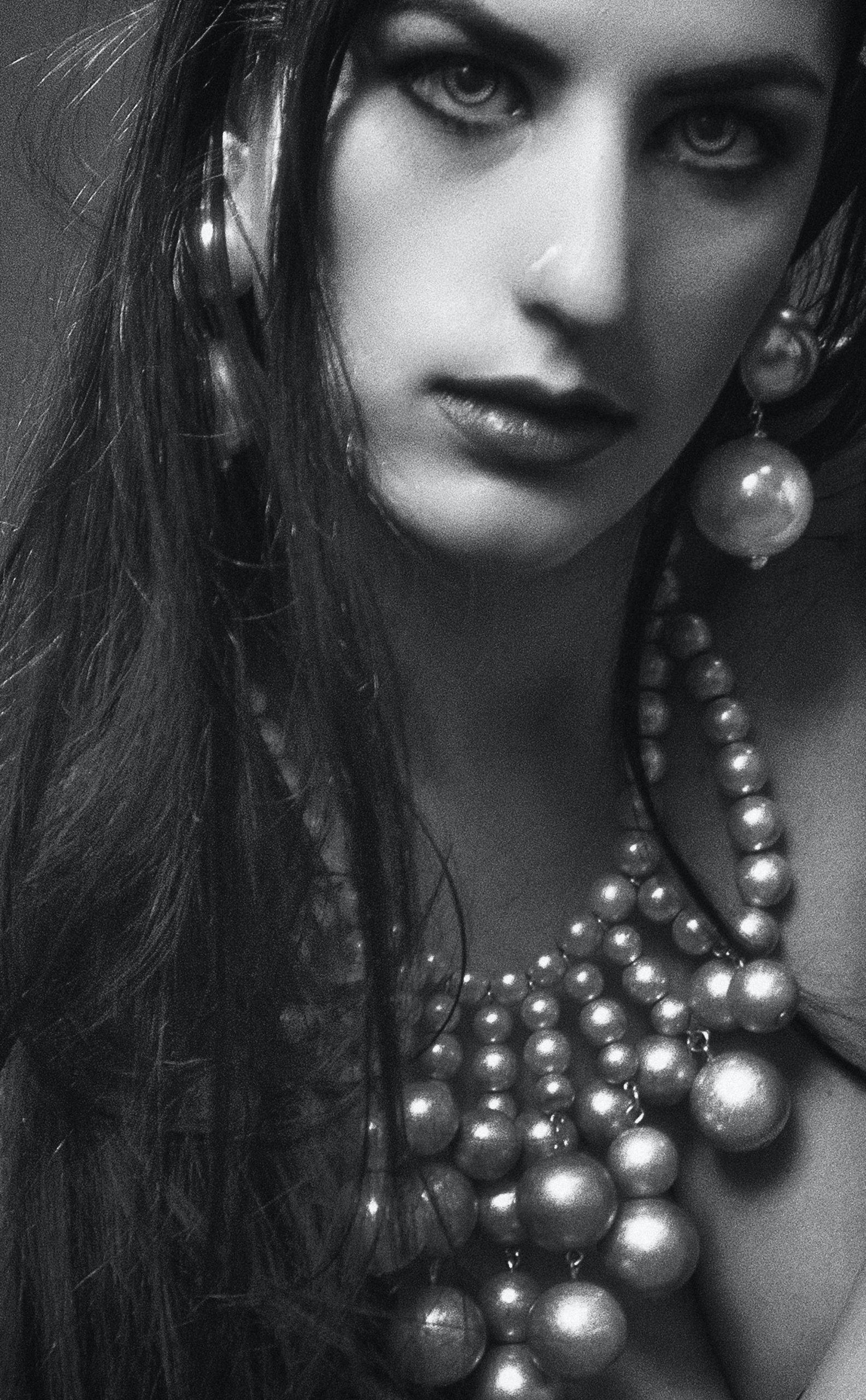 One thing good about international premium brands – the top ones –
One thing good about international premium brands – the top ones –  Want to treat your skin to a luxurious spa massage or buy skin products from a famed brand? Here, exorbitantly high prices can be a big demotivator.
Want to treat your skin to a luxurious spa massage or buy skin products from a famed brand? Here, exorbitantly high prices can be a big demotivator. If you love to dine out and at some of the most expensive restaurants in your city, if you are crazy about a celebrity chef’s cooking style, it is time that you learn the art too.
If you love to dine out and at some of the most expensive restaurants in your city, if you are crazy about a celebrity chef’s cooking style, it is time that you learn the art too. If you are a shopaholic, you will have a fair idea about the great places to get free sample products from luxury brands.
If you are a shopaholic, you will have a fair idea about the great places to get free sample products from luxury brands.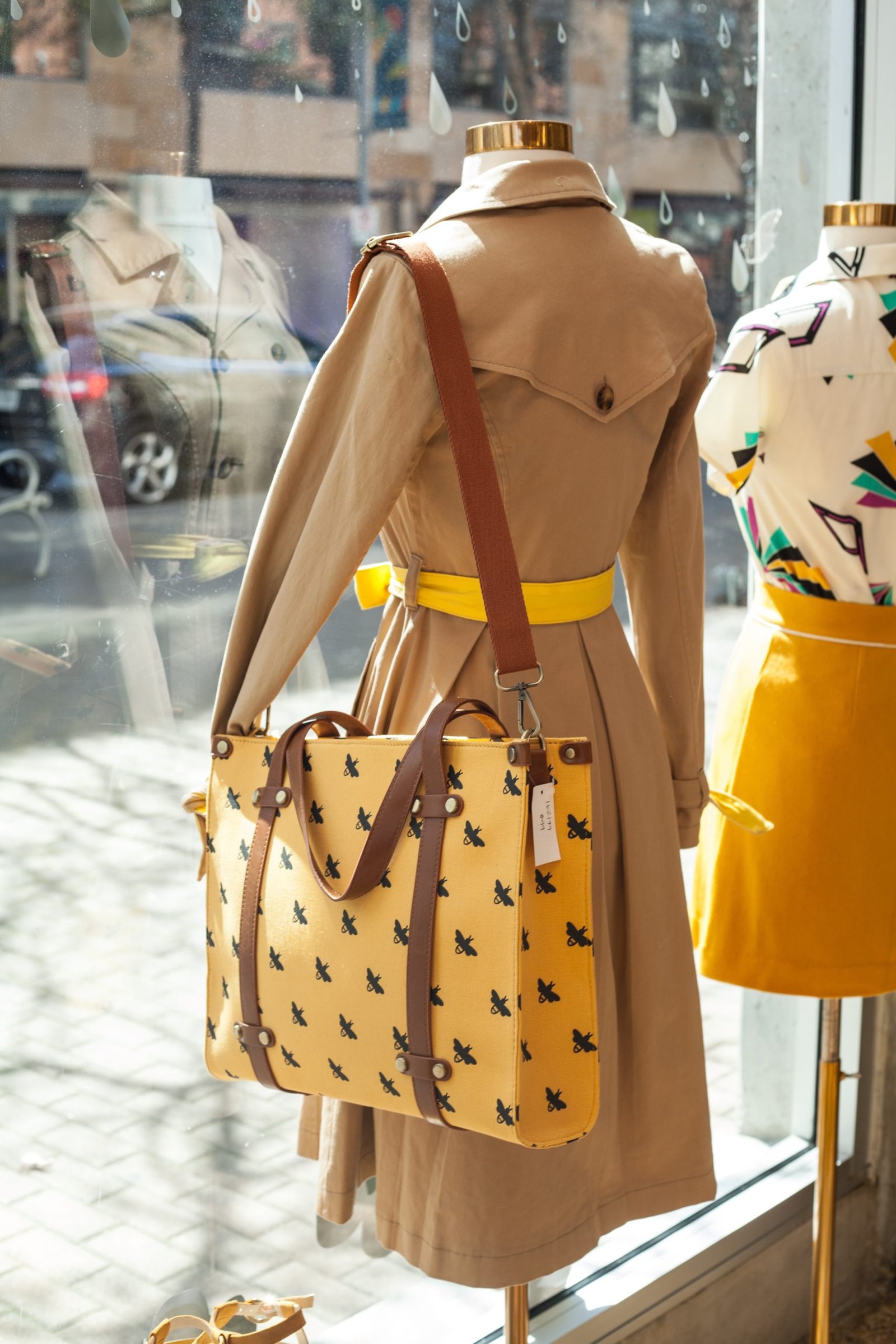 One good option to enjoy your favorite brands is to splurge on replica products. There are many stores online that sell the good quality of duplicate products.
One good option to enjoy your favorite brands is to splurge on replica products. There are many stores online that sell the good quality of duplicate products.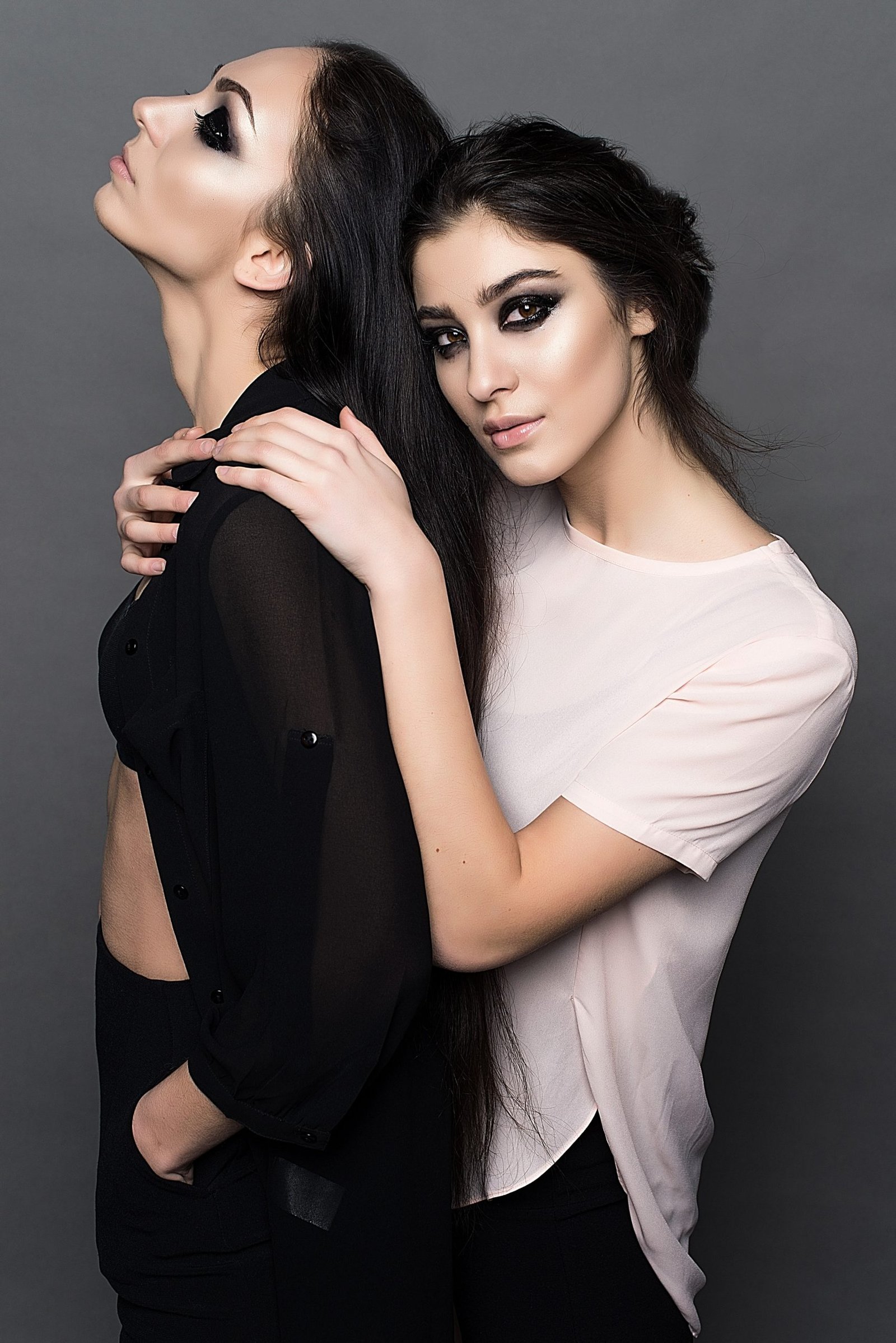 One excellent way to get a free massage or a make-up done from the most prized spa or beauty studio in the city is to become an experimental model.
One excellent way to get a free massage or a make-up done from the most prized spa or beauty studio in the city is to become an experimental model.
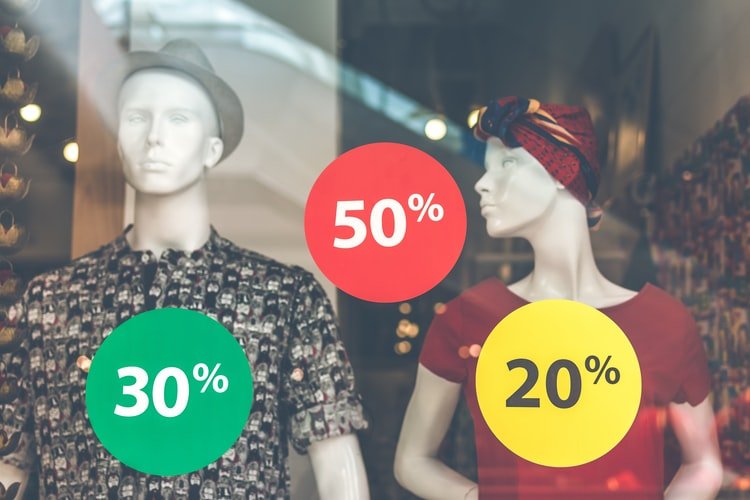 Before we venture into the ways to buy better clothing for less, we need to understand two important aspects. The first is about Quality, and the other is about Price.
Before we venture into the ways to buy better clothing for less, we need to understand two important aspects. The first is about Quality, and the other is about Price. Why do you look for good quality clothes? Because when you wear quality clothing, you feel nice about yourself; you feel confident and self-assured.
Why do you look for good quality clothes? Because when you wear quality clothing, you feel nice about yourself; you feel confident and self-assured. You should be looking for three characteristics when you purchase expensive clothing in high-quality.
You should be looking for three characteristics when you purchase expensive clothing in high-quality. ‘Less’ is not always about cheap. Yes, for generic purposes, less does mean low-cost; however, if you analyze properly, ‘less’ means cost-effective.
‘Less’ is not always about cheap. Yes, for generic purposes, less does mean low-cost; however, if you analyze properly, ‘less’ means cost-effective.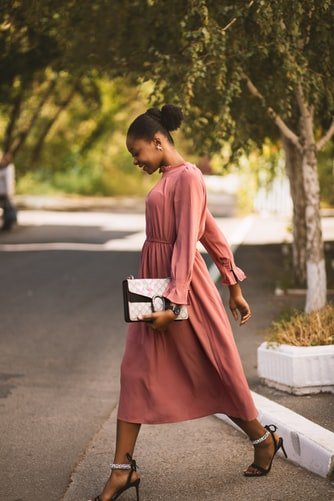 As we saw earlier, one of the myths we spoke about was the relationship between price and quality.
As we saw earlier, one of the myths we spoke about was the relationship between price and quality.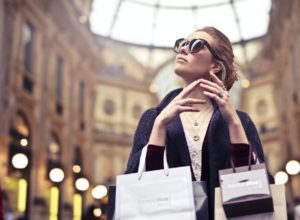 Just like quality is a subjective term. Similarly, a certain price may seem completely affordable to you but expensive for a friend of yours.
Just like quality is a subjective term. Similarly, a certain price may seem completely affordable to you but expensive for a friend of yours.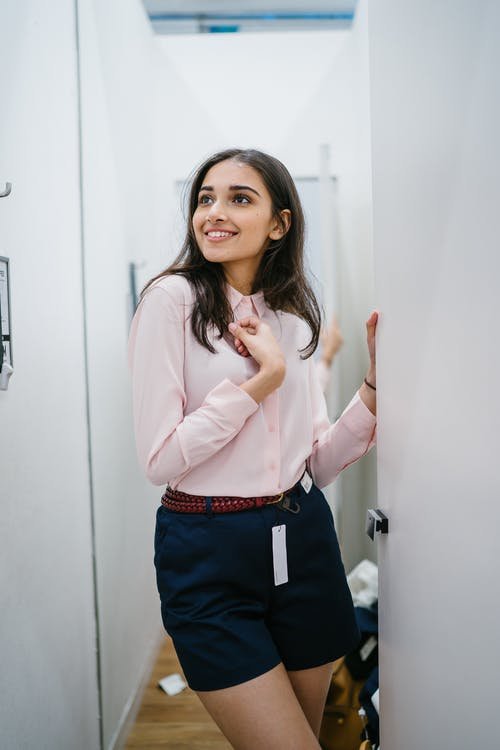 Before we understand why we should be conscious buyers, look at these statistics:
Before we understand why we should be conscious buyers, look at these statistics: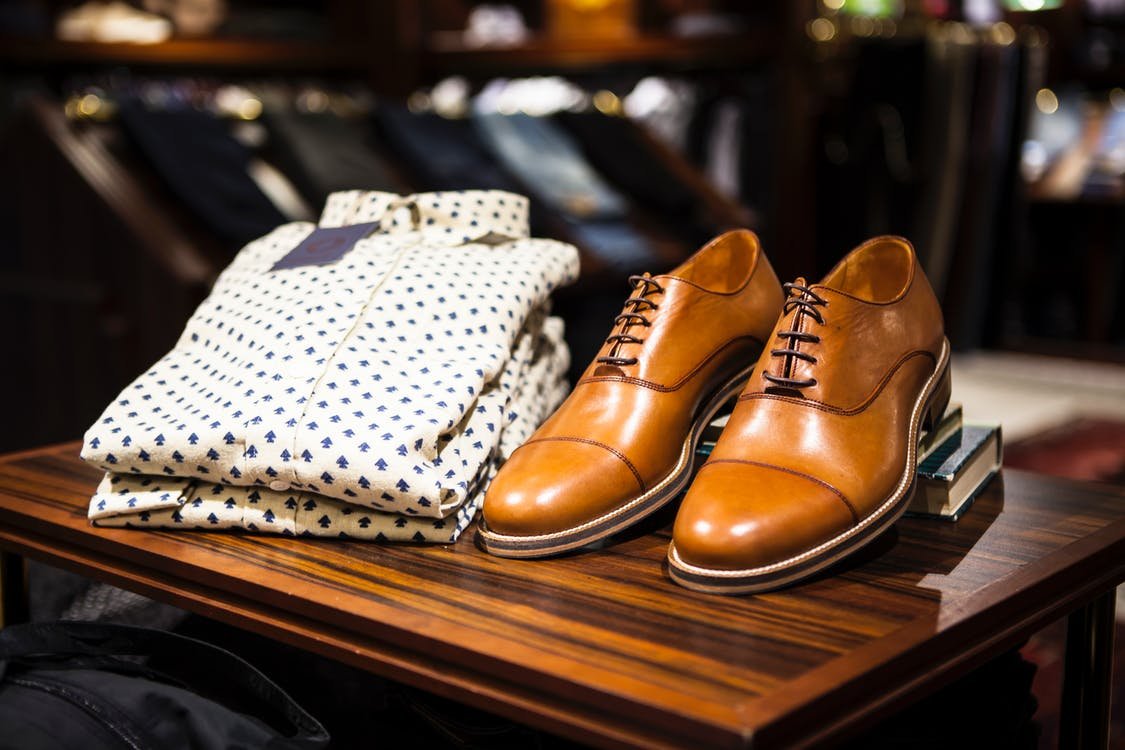 We now come to the question – which is a great place to buy good quality garment pieces at best deals?
We now come to the question – which is a great place to buy good quality garment pieces at best deals? The online platform is a great place to buy desirable quality products and clothes at handsome prices. You also get to enjoy great deals.
The online platform is a great place to buy desirable quality products and clothes at handsome prices. You also get to enjoy great deals. Well, patience is the key to many things in the world. One of them is to get guaranteed quality clothes – top-notch lines at best prices.
Well, patience is the key to many things in the world. One of them is to get guaranteed quality clothes – top-notch lines at best prices. The best part about shopping online is that you have access to innovations galore!
The best part about shopping online is that you have access to innovations galore! Quality pieces from some famous retailers, popular for offering great options at low-cost, are another alternative to buying better clothing for less!
Quality pieces from some famous retailers, popular for offering great options at low-cost, are another alternative to buying better clothing for less!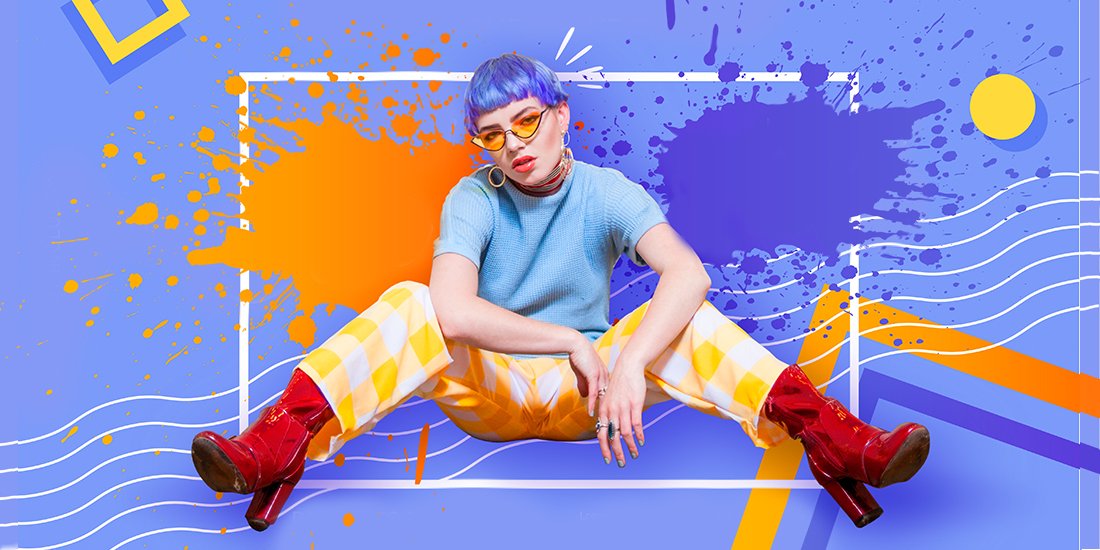


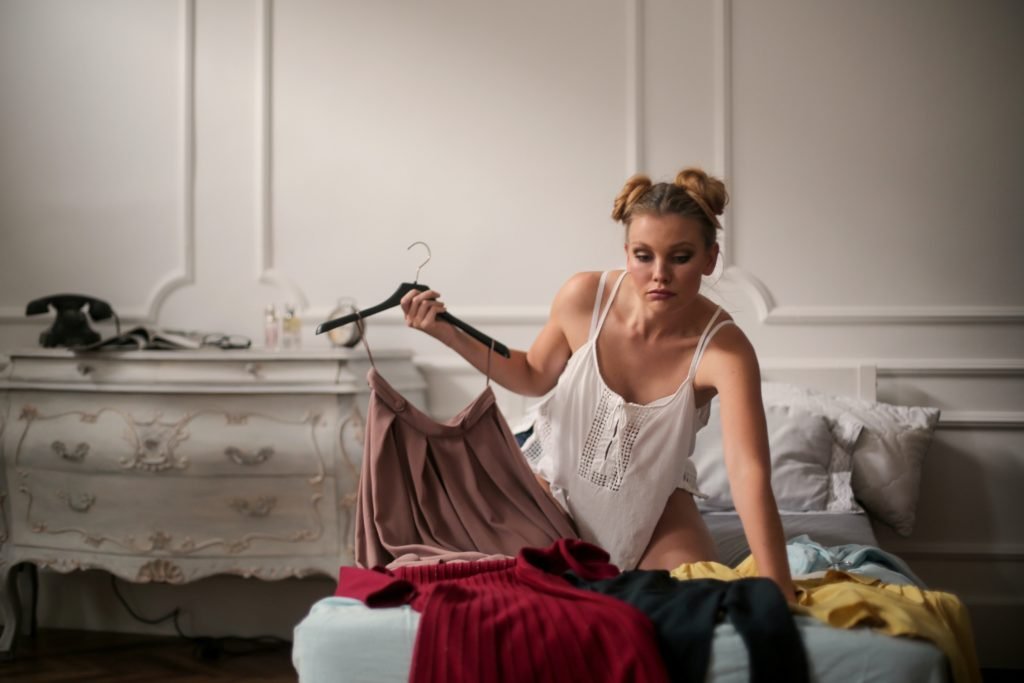
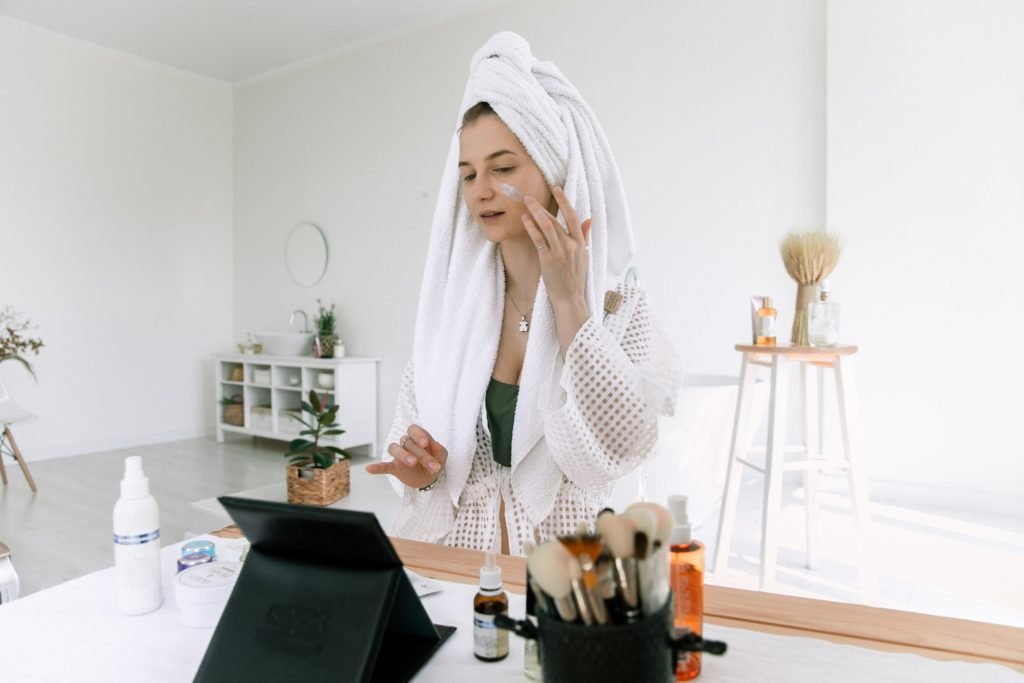

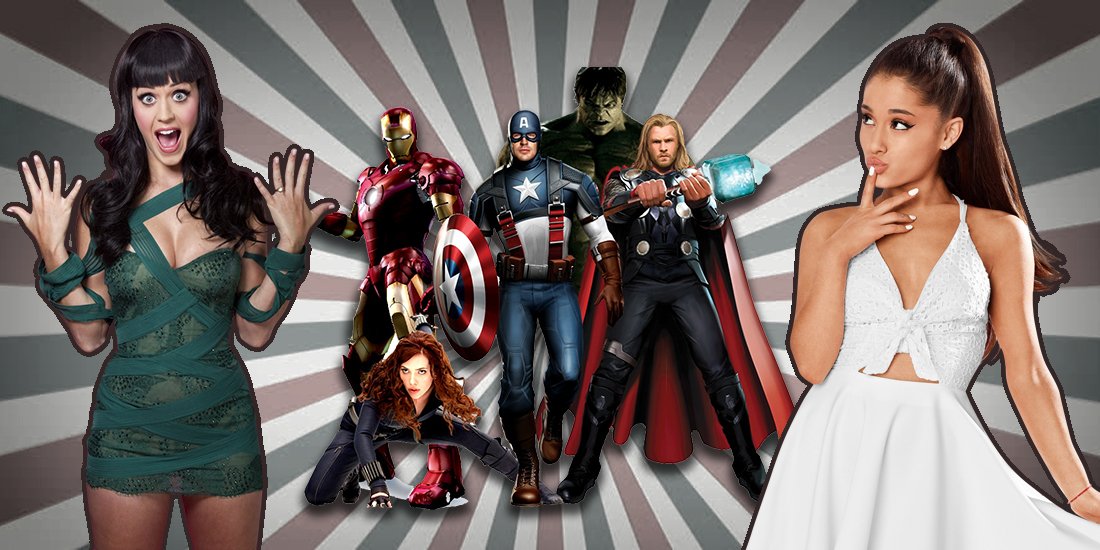
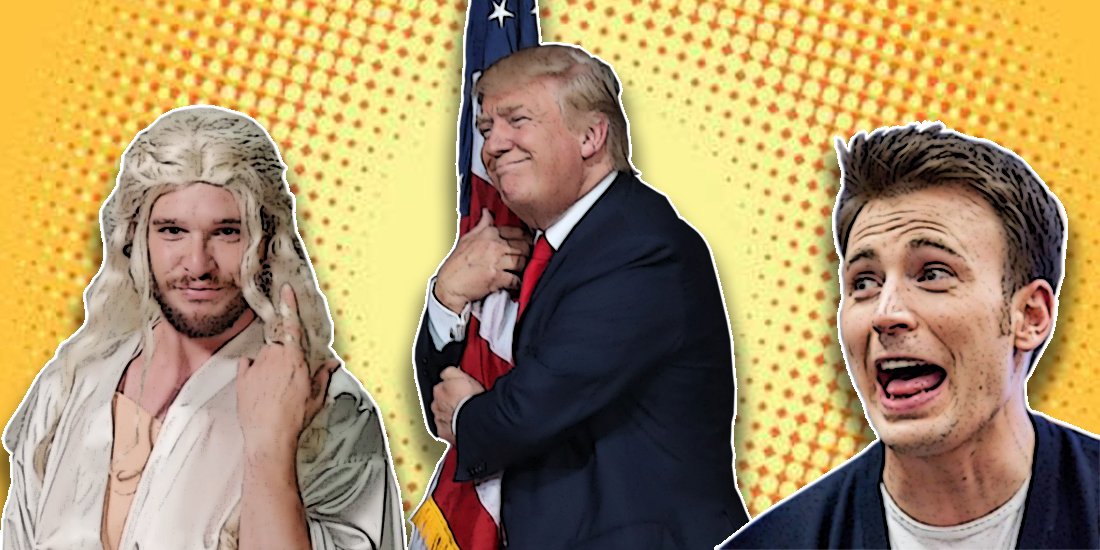

 What do lifestyle concierge services mean?
What do lifestyle concierge services mean? Luxury concierges are all about experiences. Whether it is a day-to-day activity, or planning a special event, concierge services have the expertise to make arrangements that include best-of-the-best brands, well-supported by premium and high-end services.
Luxury concierges are all about experiences. Whether it is a day-to-day activity, or planning a special event, concierge services have the expertise to make arrangements that include best-of-the-best brands, well-supported by premium and high-end services. The concept of concierge services took birth in the hotel industry where a specialized group of staff members was responsible for offering personal assistance services. The group was called ‘Les clefs d’Or’.
The concept of concierge services took birth in the hotel industry where a specialized group of staff members was responsible for offering personal assistance services. The group was called ‘Les clefs d’Or’. The best experiences, the best services, and the seamless flow of events are all some of the benefits of hiring a specialist from the field. But, how to select one often becomes a big question.
The best experiences, the best services, and the seamless flow of events are all some of the benefits of hiring a specialist from the field. But, how to select one often becomes a big question.
 The researchers we surprised to find that people’s happiness had a positive correlation with their health, and happy people experienced a higher overall satisfaction with their quality of life.
The researchers we surprised to find that people’s happiness had a positive correlation with their health, and happy people experienced a higher overall satisfaction with their quality of life. You must have heard people always talk about how to be in a good mood and have a more positive attitude towards life to increase your happiness, but how exactly do you measure your happiness?
You must have heard people always talk about how to be in a good mood and have a more positive attitude towards life to increase your happiness, but how exactly do you measure your happiness? According to the researchers of the Harvard Study of Adult Development, one of the most important conclusions they arrived at was that positive relationships are key to leading a healthier and happier life.
According to the researchers of the Harvard Study of Adult Development, one of the most important conclusions they arrived at was that positive relationships are key to leading a healthier and happier life. People often tend to get so caught up with their obligations and professional commitments that they neglect their passion.
People often tend to get so caught up with their obligations and professional commitments that they neglect their passion. When was the last time you truly complimented yourself? Do you remember the last time you congratulated yourself and celebrated your little victories?
When was the last time you truly complimented yourself? Do you remember the last time you congratulated yourself and celebrated your little victories?
 It is easy to get caught up in the daily stresses of life and forget to stop and smell the flowers. You do not have to find a flower and smell it, but that would be awesome if you can do that. But in constantly working and hustling for a better future, people forget to live in the moment.
It is easy to get caught up in the daily stresses of life and forget to stop and smell the flowers. You do not have to find a flower and smell it, but that would be awesome if you can do that. But in constantly working and hustling for a better future, people forget to live in the moment.

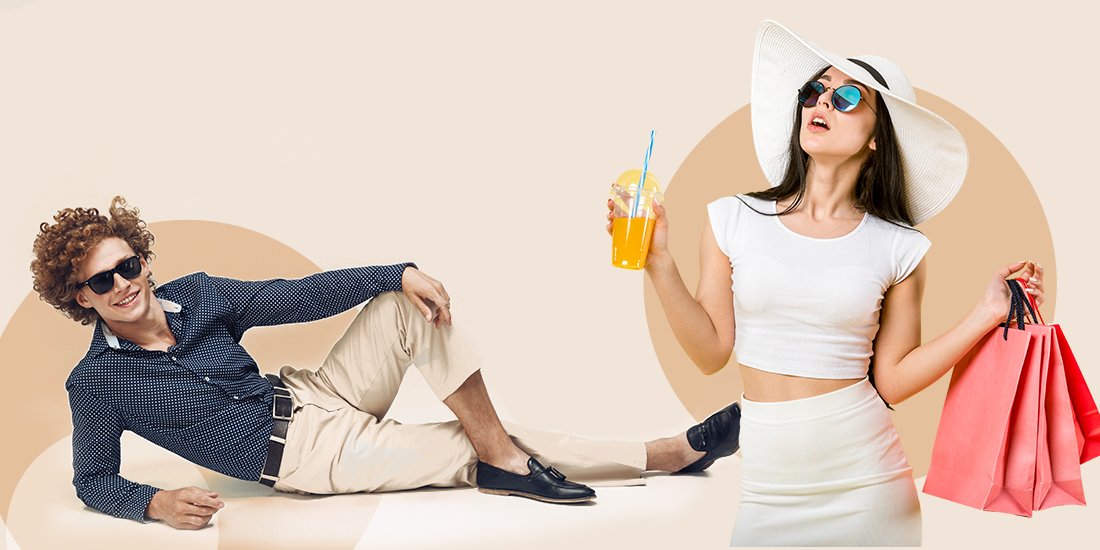
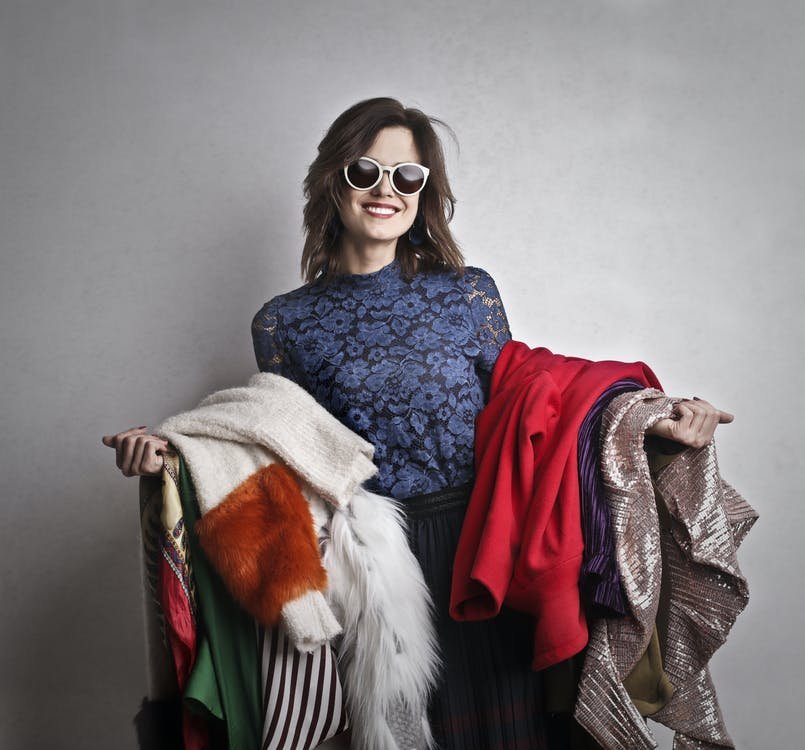
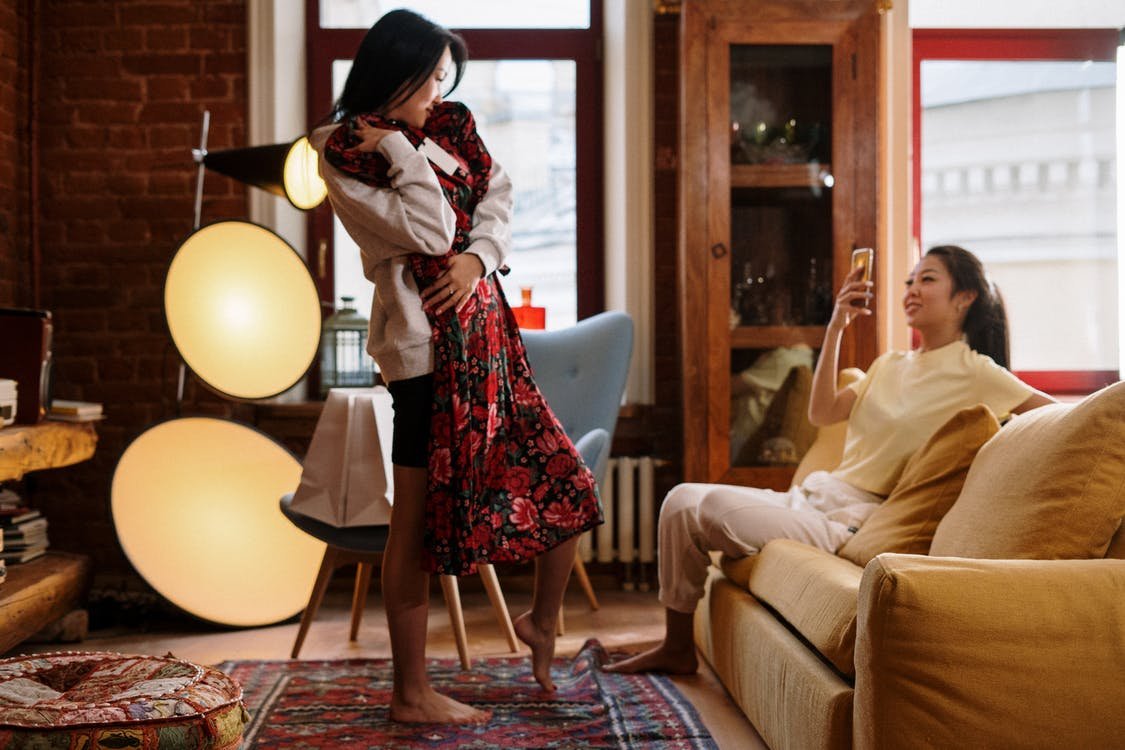 Fashion is defined as the collective style that is worn by a group of people at a given time. The fashion industry itself encompasses the entire gamut of clothes and accessories.
Fashion is defined as the collective style that is worn by a group of people at a given time. The fashion industry itself encompasses the entire gamut of clothes and accessories. If you are not too keen to know about what is trending in the fashion industry, you would slowly start to feel that you are living in a foreign country. A place where everyone else has a hold on the language except you! In no time, you will become the outsider.
If you are not too keen to know about what is trending in the fashion industry, you would slowly start to feel that you are living in a foreign country. A place where everyone else has a hold on the language except you! In no time, you will become the outsider. Let us face it that your clothing, your external appearance, your choice of clothes and accessories all latently attract or distract people.
Let us face it that your clothing, your external appearance, your choice of clothes and accessories all latently attract or distract people.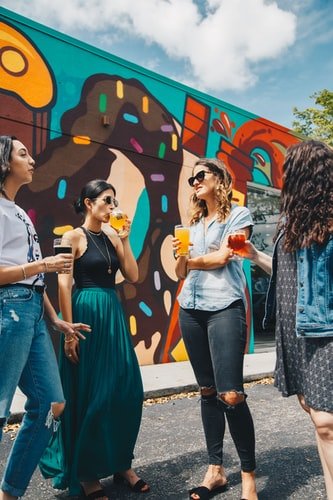 Fashion is an integrated perception of a person. It means that the kind of clothes one wears, the way she wears and carries herself, the accessories that are chosen, and more all express the fashion taste of an individual.
Fashion is an integrated perception of a person. It means that the kind of clothes one wears, the way she wears and carries herself, the accessories that are chosen, and more all express the fashion taste of an individual. As a newcomer to style and fashion or as an oldie, you need to keep yourself updated on the latest trends to keep yourself at the top.
As a newcomer to style and fashion or as an oldie, you need to keep yourself updated on the latest trends to keep yourself at the top. Knowing the in and the out of fashion puts you in the driver’s seat when it comes to styling your wardrobe.
Knowing the in and the out of fashion puts you in the driver’s seat when it comes to styling your wardrobe. There is an endless number of brands that control the way and the direction in fashion moves. From mass-fashion tohaute couture, it is your choice. Over a while, you get comfortable and confident with specific brands.
There is an endless number of brands that control the way and the direction in fashion moves. From mass-fashion tohaute couture, it is your choice. Over a while, you get comfortable and confident with specific brands.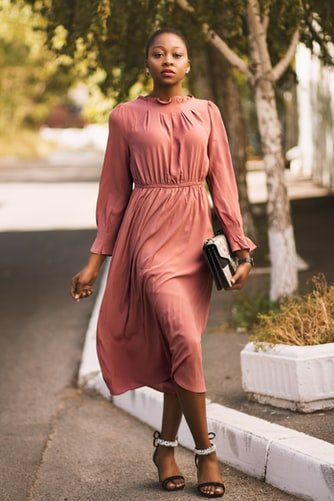 Colors of your clothing and accessories you wear define your style as much the design, the pattern, the flow, the fitting, fabric, or any other aspect of the dress.
Colors of your clothing and accessories you wear define your style as much the design, the pattern, the flow, the fitting, fabric, or any other aspect of the dress.
 Most people have the habit of starting their day with a to-do list or a priority list where they make a note of all the essential tasks that they need to get done on that particular day or week.
Most people have the habit of starting their day with a to-do list or a priority list where they make a note of all the essential tasks that they need to get done on that particular day or week. It is next to impossible to improve your quality of life if you are leading an unhealthy lifestyle. Ordering takes out 5 days a week, working out only once or twice a month, staying up late and sacrificing sleep to binge-watch your favorite show. These all are perfect examples of short term or instant gratifications that will harm you in the long run.
It is next to impossible to improve your quality of life if you are leading an unhealthy lifestyle. Ordering takes out 5 days a week, working out only once or twice a month, staying up late and sacrificing sleep to binge-watch your favorite show. These all are perfect examples of short term or instant gratifications that will harm you in the long run. You do not have to learn a whole new language or teach yourself how to code if that is not something you like. Learning something new does not have to be complicated. Make learning fun, and that way, you will be more likely to stick to it long term. Read up a fun fact, look up how the laptop or phone you are reading this blog on was designed, try mental exercises and puzzles to keep your mind sharp, the possibilities are endless.
You do not have to learn a whole new language or teach yourself how to code if that is not something you like. Learning something new does not have to be complicated. Make learning fun, and that way, you will be more likely to stick to it long term. Read up a fun fact, look up how the laptop or phone you are reading this blog on was designed, try mental exercises and puzzles to keep your mind sharp, the possibilities are endless. You have probably heard some variation of the quote that says you are an average of the five people you are closest to. While we have no way of mathematically proving if this is correct, people are indeed influenced by people they surround themselves with. So, it is important to build a support network of people who inspire you to do better and be better.
You have probably heard some variation of the quote that says you are an average of the five people you are closest to. While we have no way of mathematically proving if this is correct, people are indeed influenced by people they surround themselves with. So, it is important to build a support network of people who inspire you to do better and be better. Set boundaries even with your family members and closest friends and let them know that you will be unavailable for certain types of tasks or times of the day. You will have to make them realize that it is about your personal space. Use this extra time on your hand to focus on yourself and your priorities.
Set boundaries even with your family members and closest friends and let them know that you will be unavailable for certain types of tasks or times of the day. You will have to make them realize that it is about your personal space. Use this extra time on your hand to focus on yourself and your priorities.